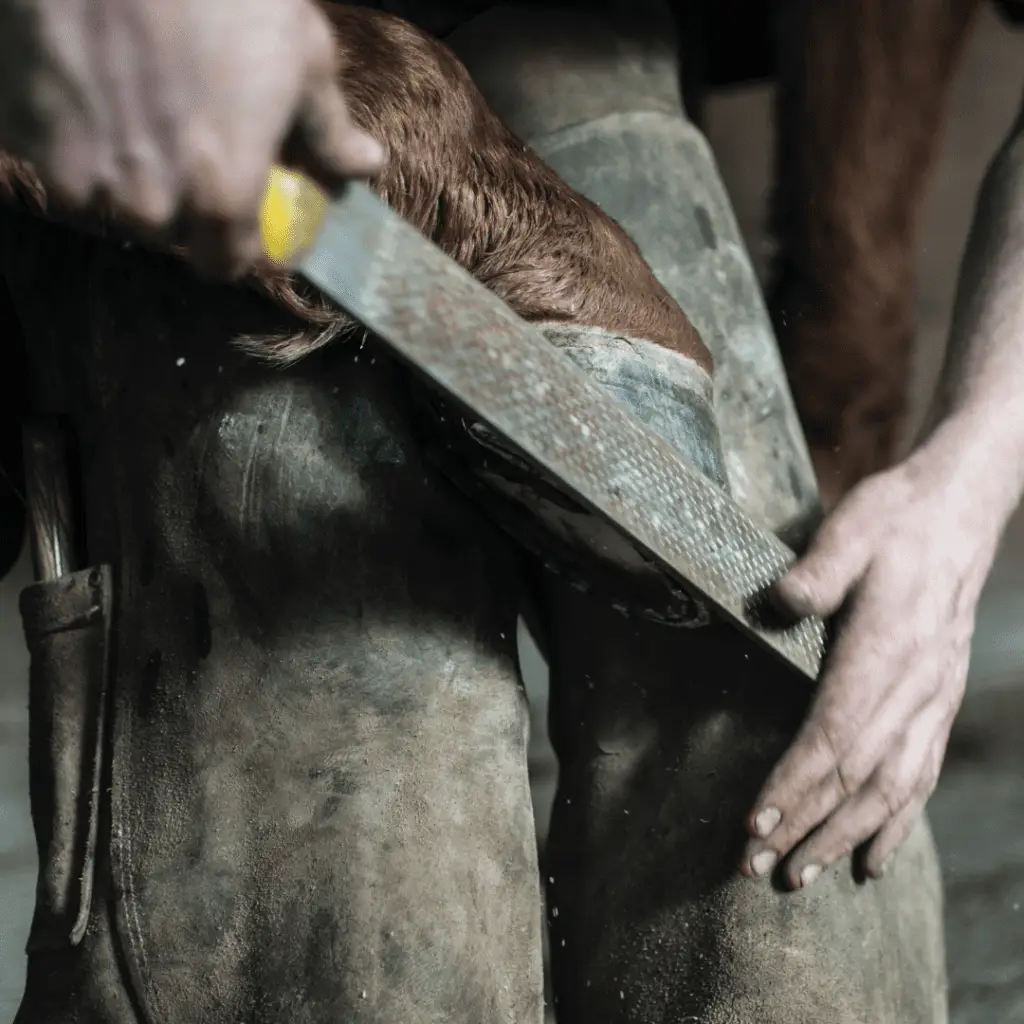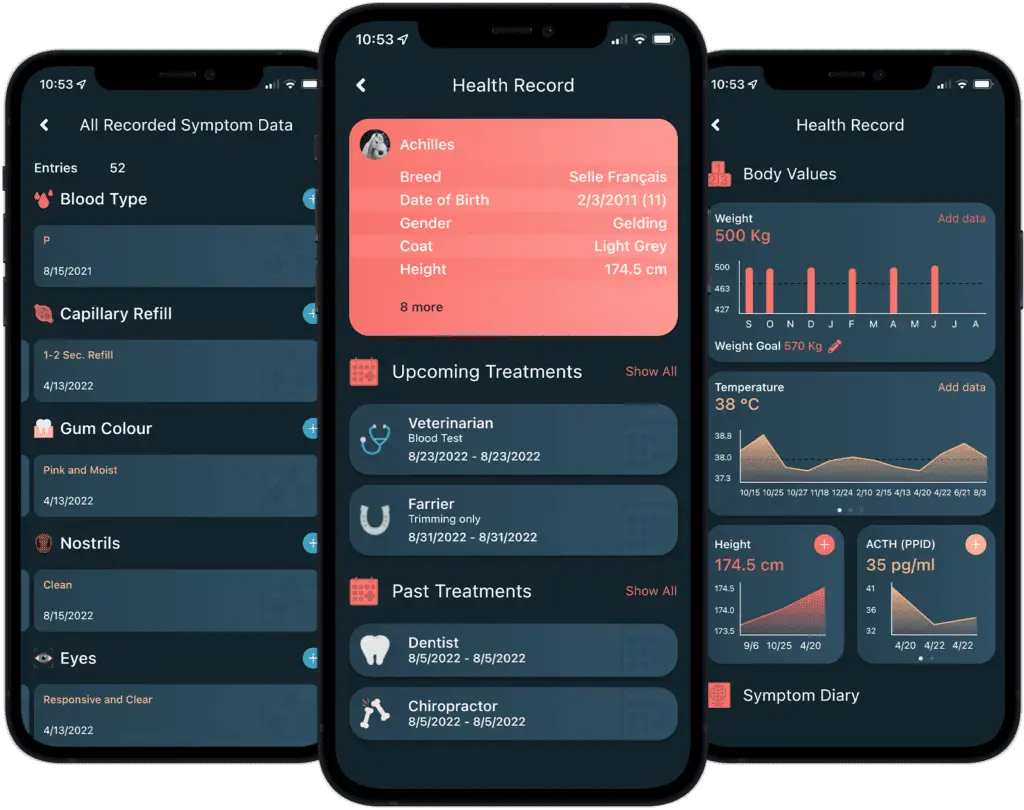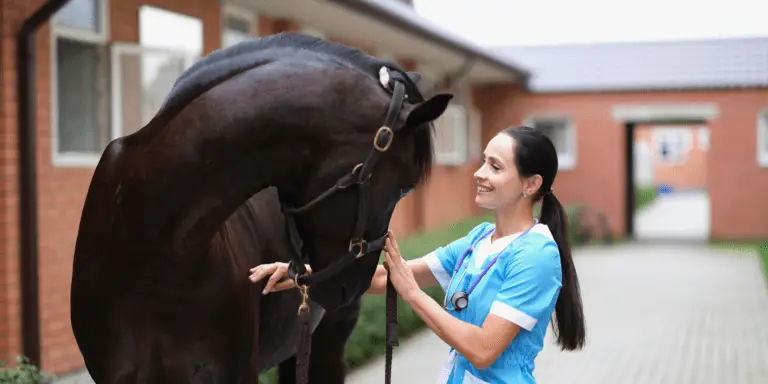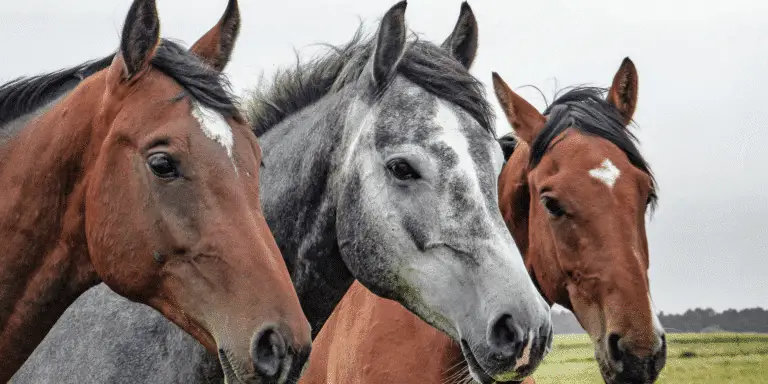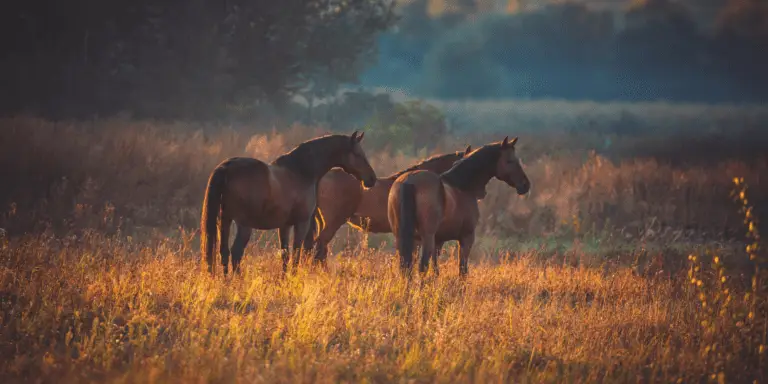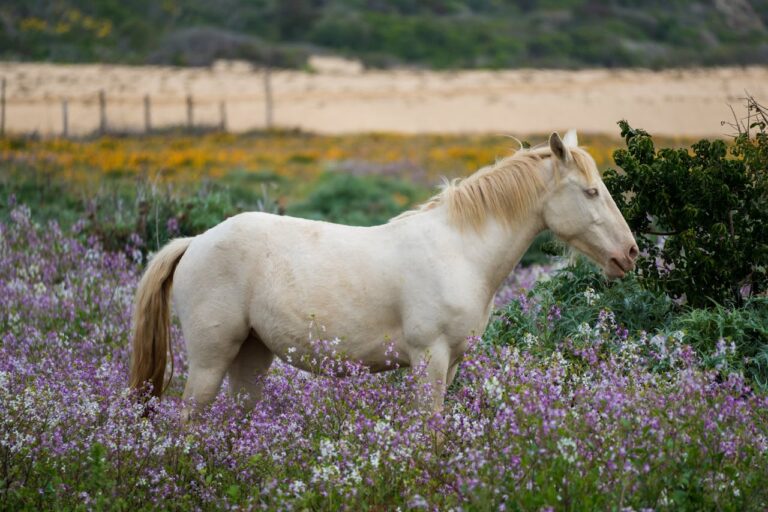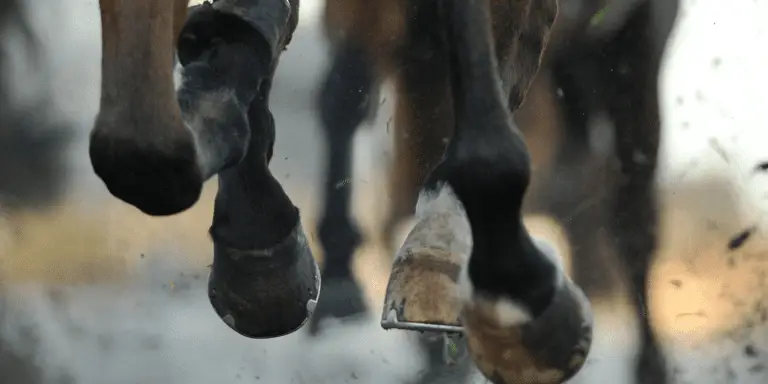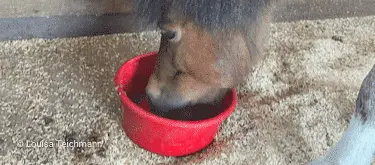
Supplements and Vitamins for Horses
Expert Advice: Kim Lina Pethahn, an independent feed consultant, wrote this article. Offering the Necessities & Avoiding Overdosages Whether your horse needs supplements at all depends on both the pre-existing conditions and the energy consumption of your horse. However, an

